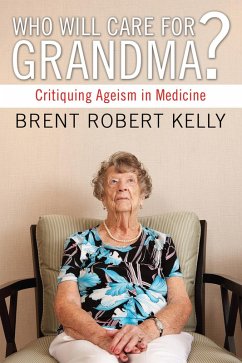It is amazing to realize that much of the Western medical community is in a love/hate relationship with the economics of medicine. Quality-Adjusted Life Years (QALYs) is one of the primary methods of guiding many medical decision-makers in the allocation of limited medical resources. Herein lies the problem of medicine and economics. It seems that deciding who will receive limited medical resources is a task filled with moral and ethical difficulties, even for those depending on the information obtained from QALY calculations. These moral and ethical difficulties are beyond the scope of sound bites that tout the benefits of "universal health care," "affordable insurance," or the safety of the "free-market economy." The breadth of the difficulty is found in the widespread disagreement concerning how the health-care system should be distributed or "fixed," since most will agree that there is a problem with distributing medical resources. It seemed obvious that some difficult decisions will need to be made that few are both willing and able to make. This difficulty is particularly true in decisions about health-care allocation, and that is where QALYs have been found useful and problematic. Limiting medical care for the elderly based upon their age did not occur until the mid-twentieth century possibly because the elderly held a unique position of respect in the Western community. It is no longer the case that the elderly are given a unique position of respect and dignity. Rather, it seems that with the increased use of QALY calculations, the elderly are in danger of receiving less medical care than they are warranted. It is imperative that Christians respond to the ethical implications of significant models of resource allocation that currently assist decision-makers in the allocation process, such as QALYs.
Dieser Download kann aus rechtlichen Gründen nur mit Rechnungsadresse in A, D ausgeliefert werden.


